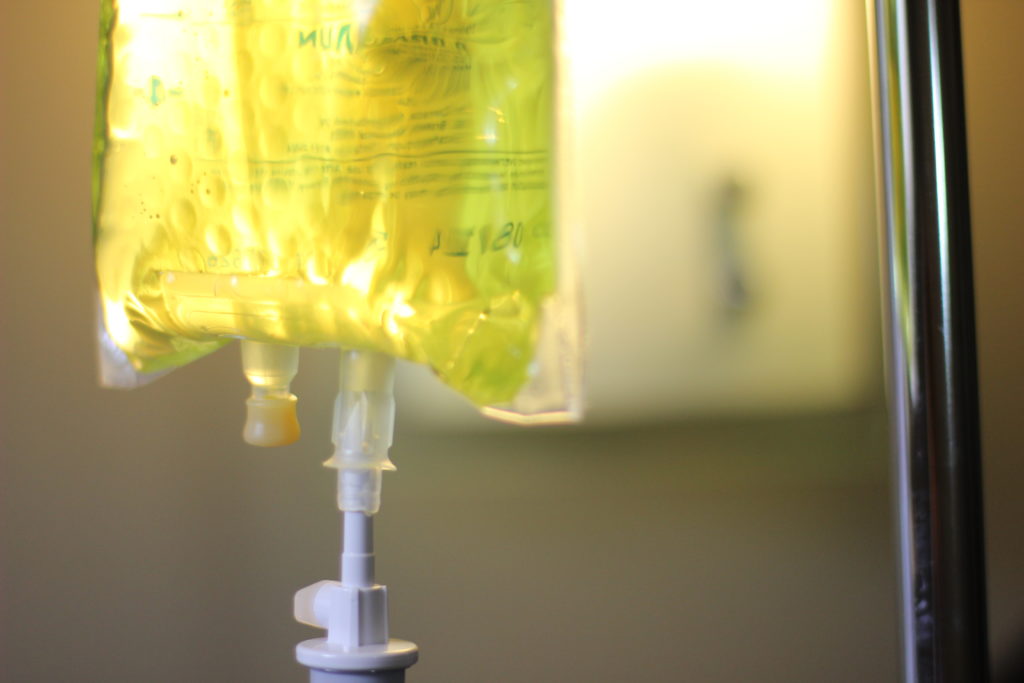
An effective remedy in the treatment of various diseases, vitamin C acts on both viruses and is also applicable in cases of bacterial infections. Simultaneously, it operates in various directions. By activating the natural killer cell activity, pathogenic microorganisms are destroyed. During this process, macrophages are also activated, which, in turn, operate on a different defense front. Vitamin C also stimulates immune system cells that produce the peroxide necessary to destroy microorganisms.
Vitamin C is produced in both ascorbic acid and ascorbate (calcium and sodium ascorbate – the non-acidic form of vitamin C).
Vitamin C is relatively poorly absorbed from the gastrointestinal tract, resulting in low tissue bioavailability. The liposomal form of vitamin C is slightly better absorbed. Pharmaceutical companies have developed this product for parenteral use in the form of intravenous infusions. When taken orally in high doses, vitamin C often causes diarrhea, and caution is advised for those with oxalate metabolism disorders. Side effects are much less common with the medication’s parenteral administration.
The extensive use of vitamin C in integrative oncology dates back to the 1940s. High-dose intravenous vitamin C, up to 5 grams per day, has positive effects on the body. Integrative oncologists often prescribe intravenous vitamin C before the administration of other biological agents (e.g., before IV peroxide infusion), and it is combined with many other drugs.
Vitamin C also exhibits significant anti-inflammatory activity, making it useful in the therapy of many chronic inflammatory diseases. It is recommended as an adjunct therapy for patients with chronic infections, tuberculosis, hepatitis, joint diseases, and others.
Research data show that after infusions, inflammation markers (CRO) decrease by up to 75%. In oncology, this medication is used because it activates a gene that inhibits tumor growth. Vitamin C also suppresses neoangiogenesis, resulting in tumor cells not receiving sufficient nutrients from the blood. The question of what to do with the administration of this medication during chemotherapy remains unclear. Previous studies and their results confirm that vitamin C is beneficial both before and during chemotherapy and after its completion. It often enhances the effect of chemotherapy drugs and increases their effectiveness.
In 2012, a comprehensive study showed that patients receiving chemotherapy and vitamin C twice a week were much less likely to experience adverse side effects such as fatigue, pain, nausea and vomiting, insomnia, and constipation. It also improved appetite, emotional state, and cognitive function.
When using vitamin C, kidney function and electrolytes must be monitored. For patients receiving high doses of vitamin C, blood glucose control is also necessary on the day of infusion.
Santa Monica offers vials of vitamin C in various doses – 5g, 7.5g, 15g, 25g, and 50g. Infusions are recommended 3 – 5 times a week depending on the dose, diluted with sterile sodium chloride solution. The desired course of therapy is 8 weeks.
